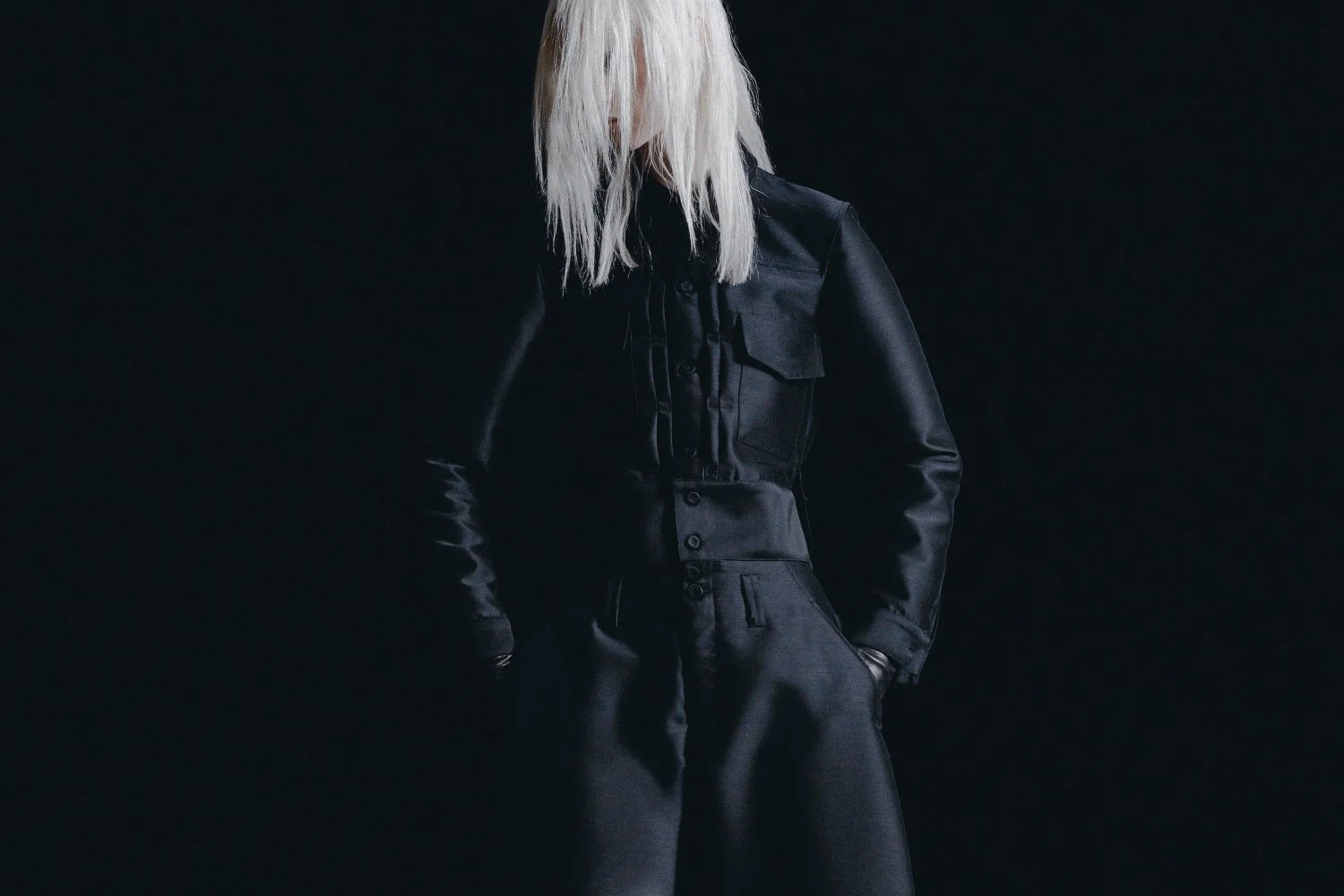Alexandre Plokhov
Most of the definitions and synonyms of Revolt have to do with going against the status quo in some way. This might be rebelling politically, socially, intellectually, or—as is the focus of this issue of Whitelies Magazine—creatively.
Coming from Russia with its crippling legacy of the Communist Revolution, Iʼm well familiar with that connotation. My favourite interpretation of Revolt—however, is indeed all about rising, but it doesnʼt necessarily have to be rising up against anything. That suggests having a rule or norm in mind and then consciously creating something to defy it.
My own, admittedly unconventional, creative process—as far as I can tell, because it refuses to let itself be easily recognised, much less described—is less organised than that. Less „cause and effect”, more „bubbling miasma/witches brew”.
Less „intentional response”, more „Oops! I never stopped to think if it could be done or not”. Some images, shapes, ideas that bubble to the top may indeed seem to signal rebellion against the fashionably acceptable trends of the day. I wish I could claim credit for such clear intention and timely planning.
The truth of my own spirit of Revolt (if one can call it that), however, is probably most closely captured by Lewis Carroll, author of „Alice in Wonderland”, in this exchange: „Alice laughed. ‚Thereʼs no use trying,ʼ she said: ‚one canʼt believe impossible things.ʼ ‚I daresay you havenʼt had much practice,ʼ said the Queen. ‚When I was your age, I always did it for half-an-hour a day. Why, sometimes Iʼve believed as many as six impossible things before breakfast.ʼ”
Words by
Alexandre Plokhov

